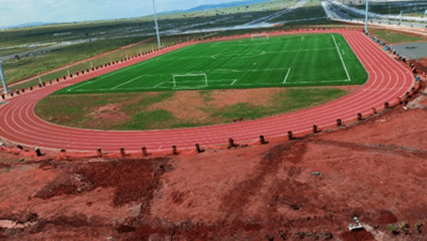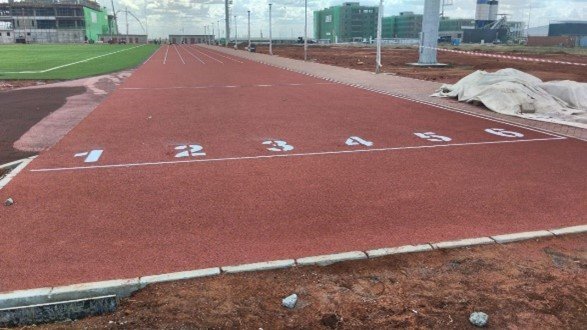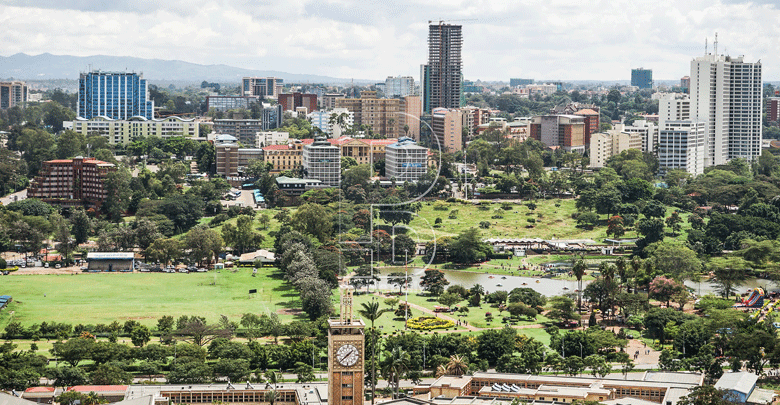How to jumpstart sluggish Konza tech city project

After nearly a decade since my last visit to Konza Technopolis, it was disheartening to witness how little progress has been made on what was once touted as Africa’s Silicon Savannah
This ambitious Vision 2030 project, intended to position Kenya as a technological hub, has yet to fulfil its grand promises. Despite the billions invested since the days of President Mwai Kibaki, the dream of Konza remains largely unrealised.
While foundational infrastructure like roads, sewerage, water, and internet are in place, the area remains a vast and underdeveloped savannah, far from the bustling tech city it was meant to become. Although the project has not turned into a white elephant, its sluggish pace raises serious concerns.
One of the most glaring issues hampering Konza’s progress is delayed government funding, compounded by corruption, which has scared off potential investors. This has left the project struggling to gain momentum.
As the management considers attracting funds, including targeting the bond market, the government must tackle these challenges head-on. This means accelerating the allocation and release of funds and ensuring that they are used transparently and effectively.
To increase investor confidence in this sector, the State must minimise bureaucratic red tape and curb the pervasive corruption that often deters private investors, thereby creating a more attractive environment for investment.
A shift in strategy is urgently needed—one that actively encourages private investment. The government should consider offering more incentives, such as tax breaks and streamlined approval processes, to attract private developers and technology firms.
This transition from a State-controlled model to a more privatised approach could accelerate Konza’s development. The stark contrast between Konza’s slow progress and the success of Tatu City, another Vision 2030 flagship project, underscores this point. Unlike Konza, Tatu City, a private development, has successfully attracted numerous businesses, including multinationals like Unilever and Davis & Shirtliff.
The government should also consider the affordability and inclusivity of Konza Technopolis as a hub. Like Tatu City, there is a risk that Konza could become a haven for the wealthy, excluding a majority of Kenyans who cannot afford to live or work there.
Much as the project may aim to develop the greater Malili town, it must avoid becoming a rich man’s enclave.
Development plans should include more inclusive provisions for affordable housing and commercial spaces that cater to a broader demographic. Additionally, efforts should be made to attract a diverse range of businesses, including those that offer jobs across various skill levels. This would ensure that the benefits of Konza are more widely shared among Kenyans.
More importantly, if Konza is to succeed and contribute to national development, the government must also focus on diversifying economic opportunities across the country.
This can be achieved by investing in infrastructure in rural and semi-urban areas, creating a network of thriving economic hubs that reduce pressure on Nairobi and other major cities. By doing so, the government would not only make Konza more attractive to investors but also help address the root causes of urban overpopulation.
As Africa’s Silicon Savannah, Konza was expected to be the nucleus of the country’s tech startups and innovations. However, this has not materialised, as many startups continue to leverage other hubs.
Konza’s potential as a technological hub depends on its ability to foster local innovation and research. While attracting international tech giants is important, the project’s long-term success will hinge on nurturing local talent and supporting homegrown tech startups. Establishing incubators, providing grants for local tech ventures, and encouraging collaboration between Kenyan universities and the private sector are essential steps in this direction.
The nearly completed graduate-only university in partnership with South Korea is a positive development, but much more needs to be done to ensure that Konza becomes a cradle of innovation for the region.
— The writer is People Daily’s Business Editor














